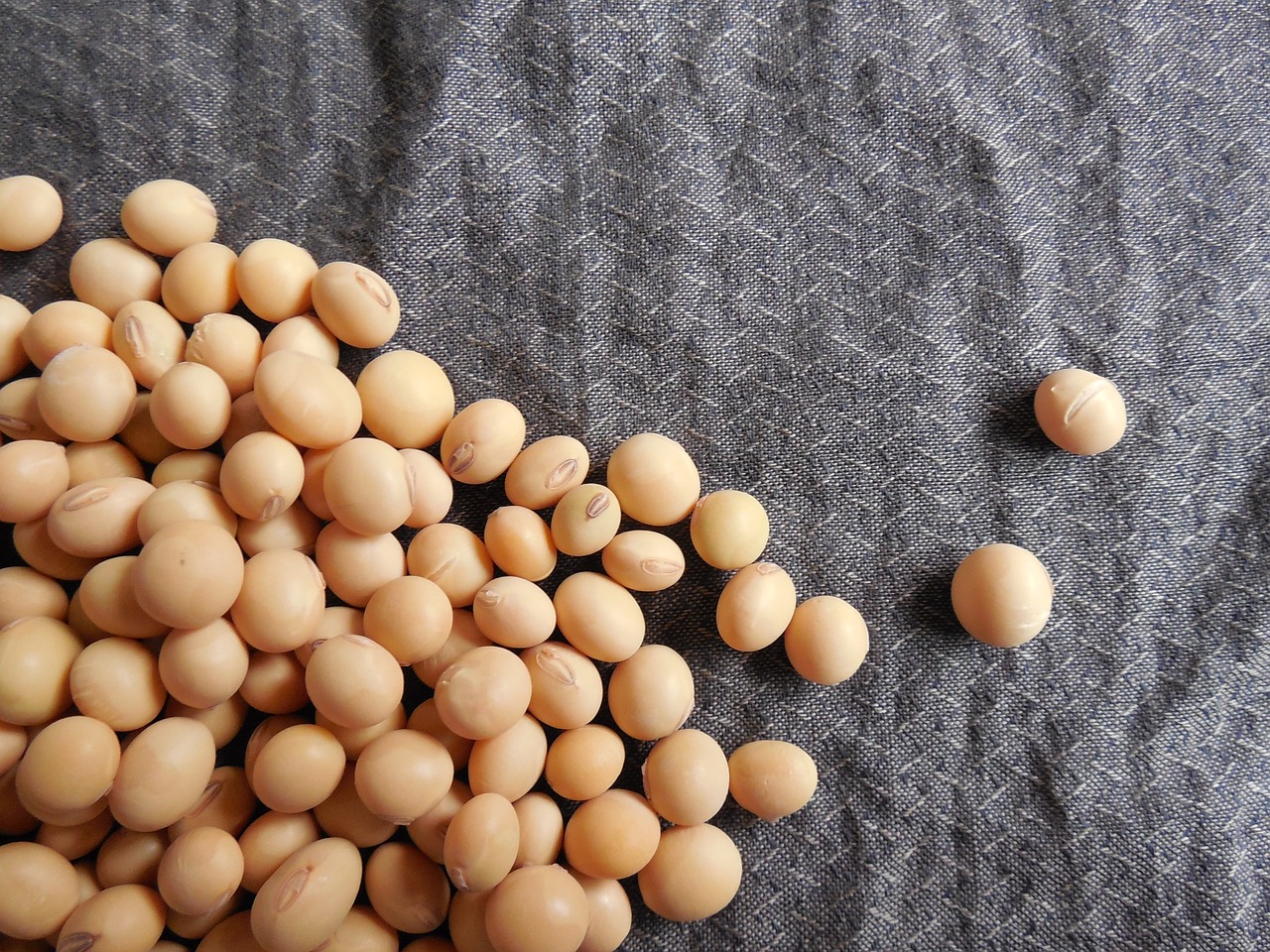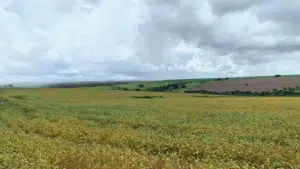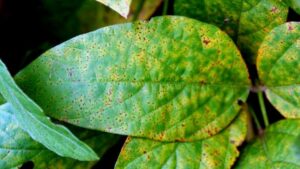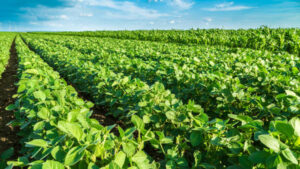2Blades announced the launch of a program to develop Asian Soybean Rust (ASR) resistance in order to protect soy crops in Africa according to a release. The project has been discussed at meetings in Kenya and Zimbabwe and the new initiative will use resources and expertise developed for commercial soy production based in North and South America. The program looks to benefit growers in Sub-Saharan Africa.
“Our new African ASR initiative exemplifies the principles of 2Blades’ mission,” said Diana Horvath, co-founder and president of 2Blades. “We advance innovations in plant science for both large- and small-scale agriculture, capturing value in commercial markets and using synergies to deliver benefits in developing markets.”
Soybeans are an important crop in Africa specifically because of its high oil and protein content. It also builds soil nitrogen and has strong income potential for growers. According to the release, “growth in demand for soy is highest in Africa, yet production there is only about 1% of total global soybean production. Demand is met by imports, contributing to a food import bill for Africa projected to reach $90 billion by 2030.”
Many countries in Africa, including Kenya, are looking to increase soy productions and decrease their dependency on imports. The threat of Asian Soybean Rust has now come into the picture.
“As the demand for soy in Africa grows, so does the need for increasing the availability of improved varieties that are high yielding, disease and pest resistant, and that support farmer resilience in the face of ongoing climate change,” said Tony Gathungu, Global Head of Seeds2B at the Syngenta Foundation for Sustainable Agriculture (SFSA). “With increased soy production, there is the real threat of increased ASR prevalence in farmer fields that could significantly impact yields and smallholder farmers’ livelihoods.”
According to the release, “Asian soybean rust is a fast-moving, highly destructive disease caused by the airborne fungus Phakopsora pachyrhizi.” ASR is a significant disease, especially in large soy production sites in Brazil, and can cause yield losses of up to 80% within three weeks of the start of infection. Brazilian growers are depending on fungicides to control ASR, but it is very costly, especially for small-holder farmers. P. pachyrhizi is quickly developing a tolerance to the current fungicides that are used. ASR is in most of the African soybean growing areas currently which puts production in Africa at risk.
2Blades is learning more about P. pachyrhizi and has been able to identify new sources of disease resistance in soy relatives over the last 16 years. The goal of the new initiative will use the resources and expertise will help African farmers combat ASR.
“We are happy to support 2Blades’ initiative in testing their technology as part of our ongoing Seeds2B variety commercialization approach to increase the availability of improved seed varieties of marginalized crops such as soy in Africa,” said Gathungu.
“In addition to the Syngenta Foundation for Sustainable Agriculture, our initiative complements and builds on the work of several organizations contributing to African soybean production and regional food and feed production, including the International Institute of Tropical Agriculture, the Kenyan Agriculture and Livestock Research Organization, the International Livestock Research Institute, the Soybean Innovation Lab, and Seed Co, with whom we have developed relationships over the years,” said Horvath. “We look forward to building effective partnerships to help achieve a resilient soy industry across Sub-Saharan Africa.”













